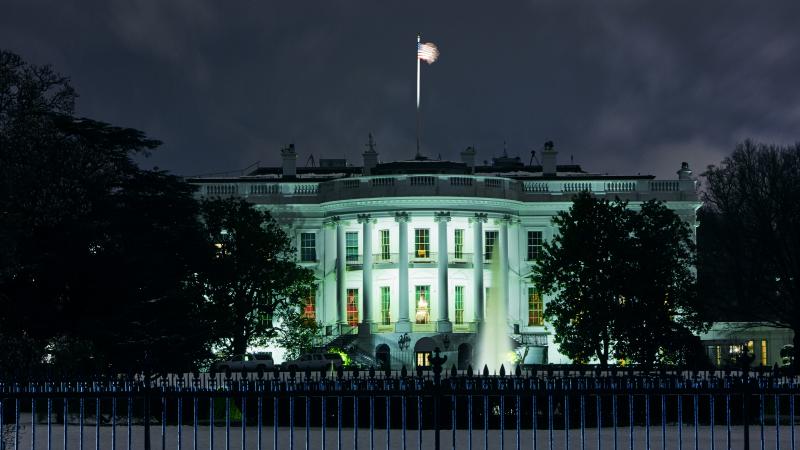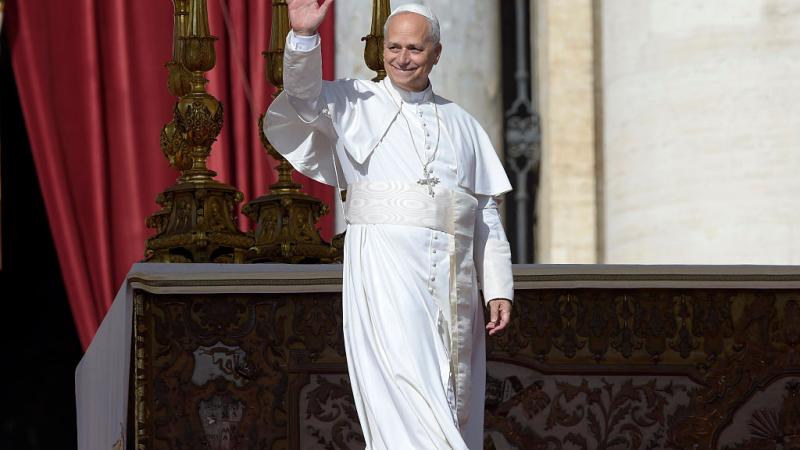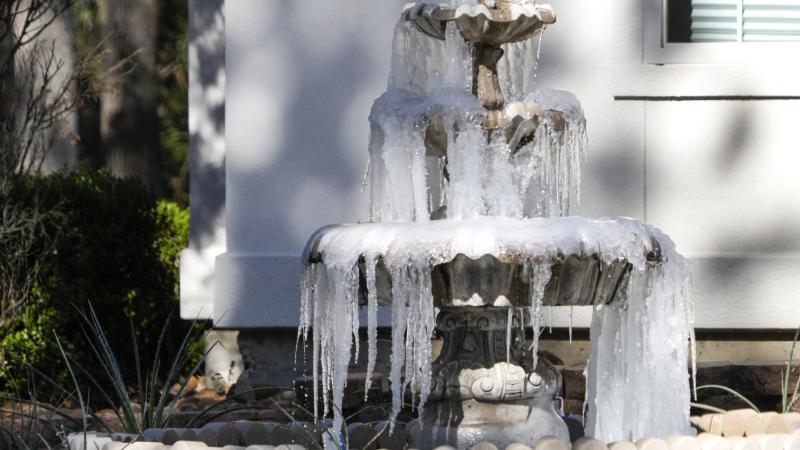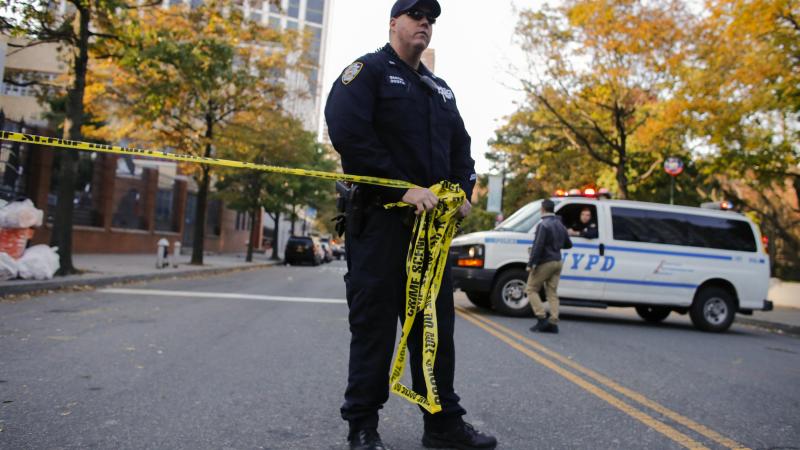School district must convince jury it can fire Christians for not using students' transgender names
Rebuked by Supreme Court in religious accommodation ruling, 7th Circuit finds "insufficient evidence to conclude that calling students by their last names, without more, would inflict emotional harm on a reasonable person."
Two months before the Supreme Court dramatically expanded employers' obligations to grant religious accommodations to employees, rejecting a throwaway line in a 1977 ruling that was widely used to deny accommodations, a Chicago-based federal appeals court ruled that calling students by their last names for the sake of religious conscience was a fireable offense.
Two years later, the same three-judge panel of the 7th U.S. Circuit Court of Appeals cleaned the egg off its face after reviewing former music teacher John Kluge's second loss in district court in light of the High Court's precedent for former postal worker Gerald Groff.
Indiana's Brownsburg Community Schools Corp. will have to convince a jury that it yanked Kluge's yearlong last-name accommodation and ordered him to either resign or address transgender students by their preferred names and pronouns, in violation of his Christian faith, because the district would have otherwise suffered "substantial increased costs."
"Because material factual disputes exist, we reverse the district court’s grant of summary judgment to the school on Kluge’s accommodation claim and remand for further proceedings," said the majority opinion by Judge Michael Brennan, joined by Judge Amy St. Eve, both nominated by President Trump.
They cited "insufficient evidence to conclude that calling students by their last names, without more, would inflict emotional harm on a reasonable person," and that Brownsburg hadn't shown Kluge's practice resulted in emotional distress "under an objective standard."
"The district could be held liable for damages and substantial attorney fees for its religious discrimination" by a jury, said Kluge's lawyers at the Alliance Defending Freedom.
The prospect of facing a jury can indeed spur generous settlements. Just last month, the University of North Texas paid music professor Timothy Jackson $725,000 to avoid a potential jury trial on its alleged First Amendment retaliation by punishing Jackson for defending classical music against racism claims.
The ruling brings the 7th Circuit closer to the Cincinnati-based 6th, which ruled that a public university can't punish a professor for refusing to use students' preferred pronouns, prompting a $400,000 settlement with philosopher Nicholas Meriwether.
But the panel also knocked down Kluge's alleged conflation of student speech rights – the subject of a 2023 ruling by the St. Louis-based 8th Circuit in the context of preferred pronouns – with teachers' speech protections under Title VII of the Civil Rights Act, and it scolded his lawyers for incorporating a "misleading quotation" from a court ruling to do it.
Using jury as a 'super-personnel department'
Courts often allowed employers to deny religious accommodations as an "undue hardship" if they would incur more than a "de minimis" cost, a term from 1977's Hardiman. SCOTUS said in Groff the term had been wrongly adopted as "the authoritative interpretation" of an undue hardship, and set the new "substantial increased costs" threshold.
In the original panel opinion in 2023, just a week before SCOTUS heard oral arguments in Groff, President George H.W. Bush nominee Judge Ilana Rovner found Brownsburg had a "legitimate, nondiscriminatory reason" for firing Kluge, that he caused "emotional harm" and disrupted the learning environment by not using preferred names and pronouns.
Brennan had concurred in judgment for the district on Kluge's retaliation claim, but said Rovner "sidesteps Kluge’s countervailing evidence" that his last-names practice didn't cause any issues in class, "fails to construe the record in his favor, and overlooks credibility issues on both sides" on his religious accommodation claim.
He faulted Rovner for questioning the teacher's religious sincerity because Kluge made a "one-time exception" to his practice: calling students by their school-recorded names, including preferred names, at an orchestra awards ceremony because, Kluge said, "it would have been unreasonable and conspicuous" to just use last names.
In her dissent Tuesday, Rovner blasted the Trump nominees for "setting a perilous precedent" by inviting a jury to "sit as a super-personnel department," hence forcing employers to consider "how a jury might second-guess its assessment" of how a religious accommodation is working in practice "in litigation years down the line."
She said Kluge's accommodation was "fraught with problems" from the start, with students quickly discerning he was trying to avoid using preferred names and transgender students subsequently feeling "stigmatized," teachers "repeatedly" being asked about it and parents believing "their decision-making and their children were not being respected."
"Given the lack of a dispute as to the concerns that were reported to school and district officials, Brownsburg reasonably concluded that the accommodation was a failure and that allowing it to continue presented the risk of legal liability," Rovner concluded.
'Additional downstream consequences' missing
How consistently Kluge stuck to his last-name policy, which he initially convinced the district would create a team-like atmosphere in his class, remains in dispute after two trips to the 7th Circuit, with the Trump nominees and Rovner disagreeing on what to make of it.
"The record does not conclusively show any student’s safety was in jeopardy" and no one alleged even "verbal abuse," just "discomfort," Brennan wrote.
"The only fact the parties agree on is that Kluge called students by their last names," the majority said. "There is conflicting evidence whether that act in isolation caused the alleged emotional distress" in transgender students and their allies.
While Kluge "denies that he ever slipped up" and used gendered language with students, despite his lawyers admitting he "may have made occasional mistakes" with students he formerly addressed by first name, the court has an "undisputed record of what Brownsburg was told and believed to be true" about Kluge sometimes slipping up, Rovner wrote.
She cited precedents on "disparate-treatment claim[s] alleging sex, age, disability, or race discrimination," which only require employers to show a "legitimate, nondiscriminatory reason" for their adverse action, but Title VII itself requires a showing of undue hardship to reject religious accommodations, the majority said.
The panel must use an objective standard to decide what counts as undue hardship, in line with "[o]ther areas of education and employment law, including in the Title VII context," and Equal Employment Opportunity Commission guidance, Brennan wrote.
Unlike other cases Rovner cited, there are no "additional downstream consequences" from Kluge's last-name practice beyond students feeling offended, such as "if Kluge deliberately ignored transgender students in class," according to the majority.
The district has also not come close to showing "undisputed facts of a serious disruption to the learning environment" from Kluge's accommodation, just lesser examples such as two performing arts teachers "whose testimony is not in the record" telling administrators that students were discussing the "uncomfortableness" of the situation.
Three other teachers with non-record testimony also told Craig Lee, faculty adviser for the Equality Alliance Club, that the accommodation was "harming" current transgender students, but there is "no evidence" they told administrators, the majority said.
"One would expect that if there was a serious disruption to the learning environment, those teachers would elevate concerns to the school administration, rather than complain only to a colleague with no authority to reprimand Kluge or control his actions," Brennan wrote.
The Facts Inside Our Reporter's Notebook
Videos
Links
- dramatically expanded employers' obligations
- throwaway line in a 1977 ruling
- calling students by their last names
- same three-judge panel
- John Kluge's second loss in district court
- precedent for former postal worker Gerald Groff
- majority opinion by Judge Michael Brennan
- Alliance Defending Freedom said.
- University of North Texas paid music professor Timothy Jackson $725,000
- alleged First Amendment retaliation
- public university can't punish a professor
- prompting a $400,000 settlement
- 2023 ruling by the St. Louis-based 8th Circuit
- SCOTUS said in Groff
- original panel opinion














